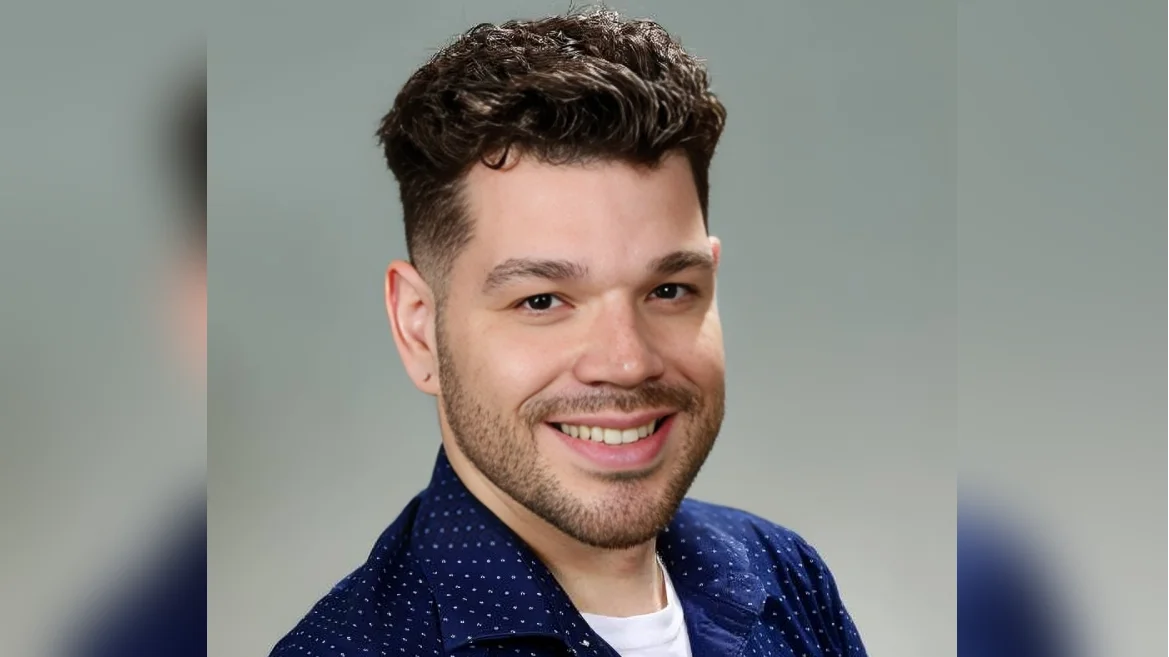
There is one meeting remaining for the Assembly's ballot design committee, scheduled for Monday. The discussions on what to expect in the Assembly proposal are beginning to emerge.
Currently, there is no draft of a bill, and the ideas remain general. Lawmakers are discussing some basic elements of block ballots.
One aspect under consideration is bracketing. While the traditional method of grouping all candidates with county commissioner candidates to form the "county line" is being reconsidered, lawmakers may try to maintain the ability for candidates for Assembly, county commissioner, and other local offices to bracket with their same-office running mates.
Regarding slogans, lawmakers aim to prevent non-endorsed candidates from using ballot slogans that could imply party endorsement. This could result in barring non-endorsed candidates from including "Democratic Party" in their slogans. Lawmakers acknowledge potential First Amendment issues but anticipate codifying legal precedent.
The threshold for petition signatures is another topic of discussion. Currently, 100 signatures are required to run for the state Legislature in New Jersey. There may be an increase in this requirement and possibly for other offices as well.
There has been talk about indicating incumbents on the primary ballot, though how this will be done remains unclear. Options like asterisks or bold font have been mentioned. However, Connecticut's system of listing party-endorsed candidates at the top with an asterisk is likely not favored.
Republicans on the committee have suggested eliminating bracketing not only for primary elections but also for general elections. It seems unlikely that Democrats would support this idea.
Lawmakers face strict limits due to Judge Zahid Quraishi's decision and await input from the Senate. Critics suspect attempts to gain advantages within New Jersey's political system.
“Anything they’re doing, they’re doing to maintain some favoritism for them, some advantage on the ballot, which means it’s not a fair ballot,” said Rutgers Professor Julia Sass Rubin, whose research was cited in overturning the county line. “The point of the ballot is to have a fair way for voters to indicate their preference.”